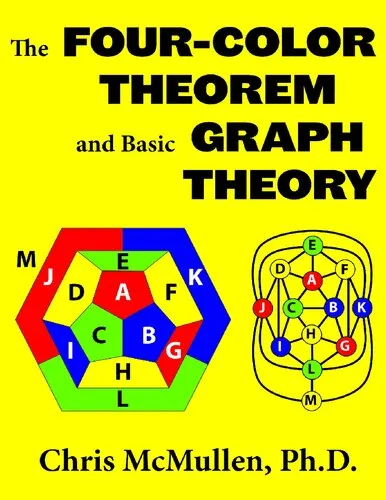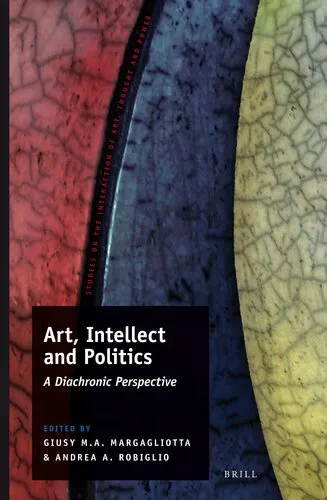Selforganization: Portrait of a Scientific Revolution
4.6
Reviews from our users

You Can Ask your questions from this book's AI after Login
Each download or ask from book AI costs 2 points. To earn more free points, please visit the Points Guide Page and complete some valuable actions.Related Refrences:
Welcome to the introduction of Selforganization: Portrait of a Scientific Revolution, a pivotal work that explores the transformative shift in scientific thought and practice surrounding the concept of self-organization. Edited by esteemed scholars Wolfgang Krohn, Günter Küppers, and Helga Nowotny, this book navigates the intricate landscape of self-organization within various scientific domains, intertwining theory with practical insights.
Detailed Summary of the Book
Selforganization: Portrait of a Scientific Revolution delves into the emergence and evolution of self-organization as a fundamental science paradigm. The book outlines how self-organization, initially viewed with skepticism, has reshaped scientific understanding by demonstrating how order and complexity can arise from seemingly chaotic systems without external control. This interdisciplinary examination spans fields such as biology, chemistry, physics, and social sciences, highlighting the universal applicability of self-organizing principles.
Throughout the book, the authors illustrate how self-organization challenges traditional mechanistic approaches, offering a fresh perspective that embraces chaos as a catalyst for order. By documenting historical case studies and modern applications, the book provides a comprehensive portrait of a scientific revolution that blurs the boundaries between science and philosophy.
Key Takeaways
- Self-organization represents a paradigm shift, emphasizing the emergence of complexity and order from within chaotic systems.
- The concept is applicable across diverse fields, unifying different scientific disciplines through its universal principles.
- The book underscores the changing nature of scientific revolutions, illustrating how new ideas can redefine foundational concepts and approaches.
- It encourages a reevaluation of traditional mechanistic views, opening up new avenues for research and interdisciplinary collaboration.
Famous Quotes from the Book
"Self-organization challenges the very notion of control in science, proving that complexity and order can indeed arise spontaneously."
"In the dance between chaos and order lies the beauty of self-organization, where systems write their own rules."
"The true revolutionary in science is not the one who discovers new lands but the one who reimagines the map."
Why This Book Matters
This book is vital not only for its examination of self-organization as a scientific concept but also for its exploration of the nature of scientific revolutions. It offers invaluable insights for scientists, philosophers, and students who seek to understand the dynamics of paradigm shifts and the interplay between established knowledge and emerging ideas.
By articulating a comprehensive narrative of self-organization, the book illuminates how scientific progress often demands a reevaluation of long-held beliefs and methodologies, making it a must-read for anyone intrigued by the evolution of scientific thought.
Ultimately, Selforganization: Portrait of a Scientific Revolution is a testament to the power of interdisciplinary collaboration, urging readers to look beyond traditional boundaries and embrace innovative thinking. Its profound insights continue to inspire and shape the landscapes of science and philosophy.
Free Direct Download
You Can Download this book after Login
Accessing books through legal platforms and public libraries not only supports the rights of authors and publishers but also contributes to the sustainability of reading culture. Before downloading, please take a moment to consider these options.
Find this book on other platforms:
WorldCat helps you find books in libraries worldwide.
See ratings, reviews, and discussions on Goodreads.
Find and buy rare or used books on AbeBooks.
1387
بازدید4.6
امتیاز0
نظر98%
رضایتReviews:
4.6
Based on 0 users review
Questions & Answers
Ask questions about this book or help others by answering
No questions yet. Be the first to ask!













